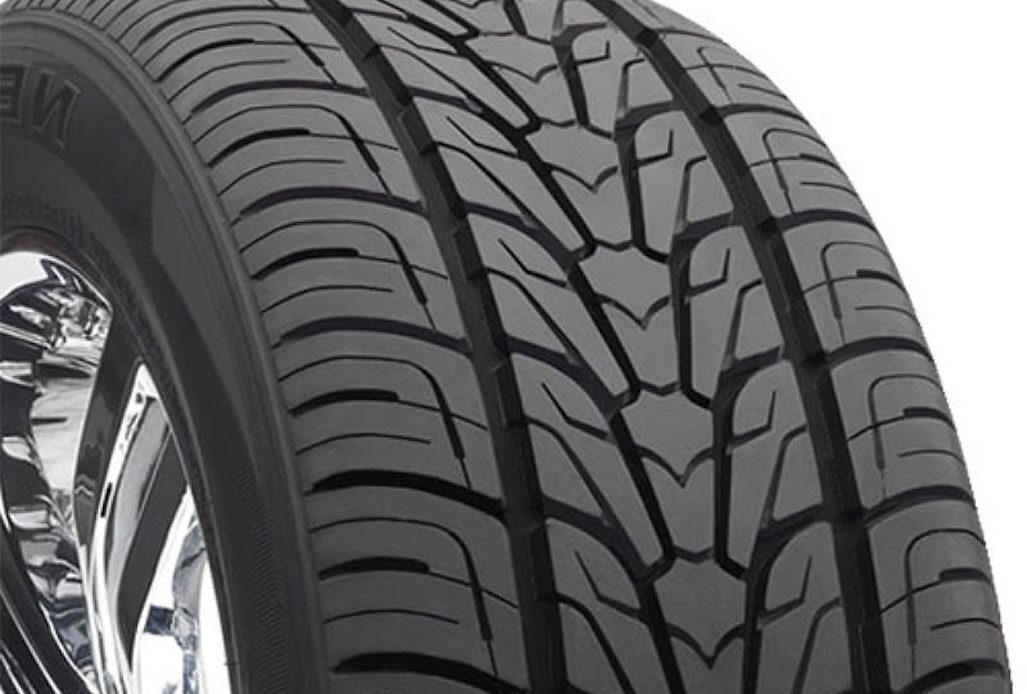Changing tires every season is a time-consuming and inconvenient task for many drivers. All-season tires are a flexible alternative that can handle a wide range of temperatures and weather conditions throughout the year. This article will delve into the benefits and selection process for these popular tire options.
The design and features of all-season tires
The purpose of all-season tires is to provide a consistent level of performance in a wide variety of road conditions. They provide good traction on both wet and dry surfaces thanks to their moderate tread depths, increased density of sipes compared to summer tires but fewer than winter tires, and distinctive tread block designs.
Furthermore, all-season tires deliver reliable performance in mild climates and moderate weather. They have a decent amount of grip on both dry and wet roads and can even handle some slush and light snow. However, they can’t compete with the exceptional grip and handling of summer tires in hot weather and won’t do as well as dedicated winter tires in deep snow or subzero temperatures.
Benefits of all-season tires
All-season tires offer a number of benefits that make them an attractive choice for many drivers. Here are some of them:
- Convenience and cost savings. A major perk of all-season tires is that you never have to worry about changing them for the seasons. As a result, you’ll save time and money by avoiding two annual visits to the tire shop for mounting and balancing.
- Versatility in mild climates. All-season tires are a great option for drivers in regions with mild climates and moderate seasonal variations because of their versatility and high performance in a wide variety of conditions.
- Reduced tire storage requirements. All-season tires are convenient for people who don’t have room to keep a second set of tires in their garage when they’re not in use.
With all of these benefits, it’s clear that all-season tires are a good choice for people who want good performance all year without having to change their tires.
Selecting the right all-season tires
Keep these suggestions in mind to select the best set of all-season tires for your vehicle.
1. Understand tire specifications
Get to know the tire specifications listed on the sidewall, such as the tire’s size, load capacity, and speed rating. Make a note of your vehicle’s suggested tire dimensions, which you can find in the owner’s manual.
2. Research reputable tire brands and models
To…
Click Here to Read the Full Original Article at Paddock Magazine…

